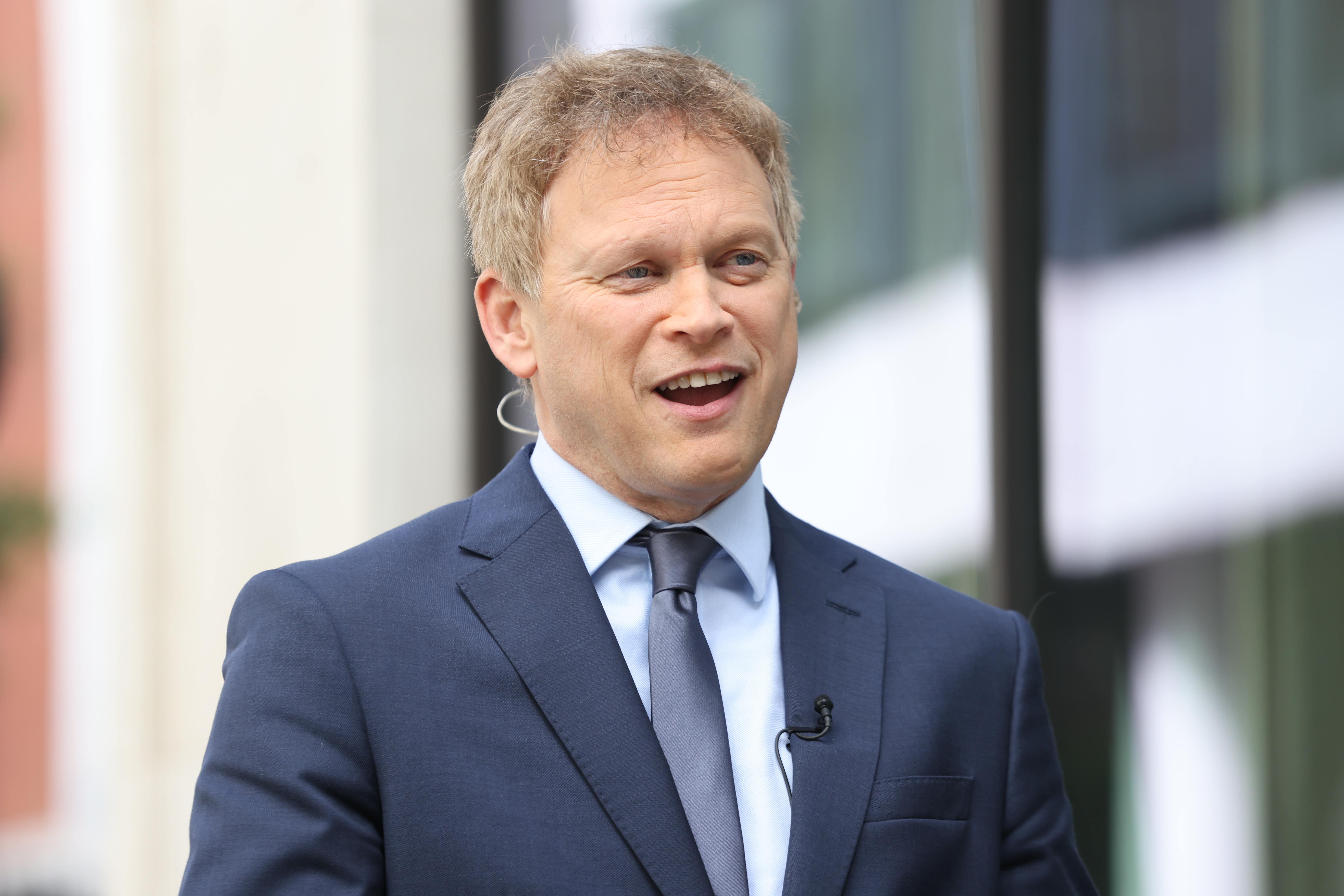UK’s ‘broken’ energy system revealed as firms set to make £1.7bn in profit from customers
Campaigners attack ‘murky depths’ of market – as suppliers set to increase profits while families struggle
Britain’s energy suppliers are set to rake in a massive £1.74bn in profits from hard-pressed customers’ bills over the next 12 months, according to a shock new report.
It comes as a separate study found that regulator Ofgem’s energy price cap is preventing customers from accessing lower tariffs, harming competition and boosting inflation.
Rishi Sunak’s government has indicated it is unlikely to step in again to protect Britons still struggling with their energy bills – dismissing the idea of another subsidised price guarantee.
However, despite the ongoing cost of living crisis, UK energy companies will be allowed to increase the amount they make from customers on variable-rate tariffs.
Suppliers have seen the annual profit they make from the average customer on a variable tariff rise from £27 in 2017 to £130 in early 2023, according to Warm This Winter – a coalition of anti-poverty and green groups.
The gas and electricity giants will make £1.74bn profit from variable customers alone in the year ahead, according to the report, produced in partnership with the Future Energy Associates (FEA) analysts.
Simon Francis, coordinator of the End Fuel Poverty campaign, said the report “shines a light on the murky depths of Britain’s broken energy system”.
Calling for the Sunak government to introduce a “social tariff” to guarantee an affordable rate for low-income families, Mr Francis added: “Without a fundamental overhaul of the energy grid and energy tariffs, households will continue to lose out while suppliers will profit.”
The figure does not include fixed-rate tariffs – or profits made through allowances for Covid debt and Russia’s invasion of Ukraine, which helped contribute to the enormous profits announced by British Gas and Scottish Power last month.
Ofgem recently raised how much gas and electricity suppliers could claim from hard-hit households to make up for costs incurred from both the pandemic and Ukraine war.

Since October 2022, energy firms have added an average of £41 a year to each bill as a “wholesale cost adjustment” to cover the extra costs of Vladimir Putin’s invasion.
And since April this year they also added an average of £12 a year in “Covid true up allowance” to cover the costs of bad debt which mounted up during the pandemic.
Last month British Gas announced record profits of £970m for the first six months of 2023, while Scottish Power made £576m in profit during the same period.
Labour condemned the “windfalls of war being pocketed by oil and gas companies”, while the Liberal Democrats said energy companies were being allowed to “rake in extraordinary profits while millions of families struggle”.

Suppliers are also set to make an increasing amount of profit from so-called EBIT (earnings before interest and taxes) and headroom allowances in the energy price cap set by Ofgem.
While household energy bills are set to rise again before falling back only slightly next year, the regulator said it will allow the permitted profit margin further to rise from 1.9 per cent of EBIT to 2.4 per cent from later in 2023.
Tessa Khan, director of the anti-fossil fuel group Uplift, part of the Warm This Winter campaign, said: “The government seems to think the energy crisis has gone away, but for millions of households this winter will be as hard as the last.”
She added: “For energy companies to be pocketing this money, when bills are still twice what they were and so many people are being pushed into energy debt, is completely unacceptable.”
Energy secretary Grant Shapps has indicated that the government is unlikely to revive the energy price guarantee, which kept the average bill at £2,500 a year over the winter, after it ended in June.
It comes as a new report from centre-right think tank the Centre for Policy Studies (CPS) said the energy cap has gone “far beyond” its original purpose of providing protection for customers to become a “de facto regulated market price”.
The report urges the government to move “from a wartime to a peacetime regulatory regime” by abolishing the regulator’s cap and returning to a retail market “with competition at its heart”.
It also backed calls for stronger protections against fuel poverty – such as a social tariff for households spending an excessive proportion of their income on energy bills.
“Utility firms are being actively discouraged from offering new, more affordable deals to customers because of state interventions in the energy market. Competition has all but disappeared, meaning prices are being kept high, further contributing to measured inflation,” said CPS energy and environment researcher Dillon Smith.
Join our commenting forum
Join thought-provoking conversations, follow other Independent readers and see their replies
Comments




Bookmark popover
Removed from bookmarks